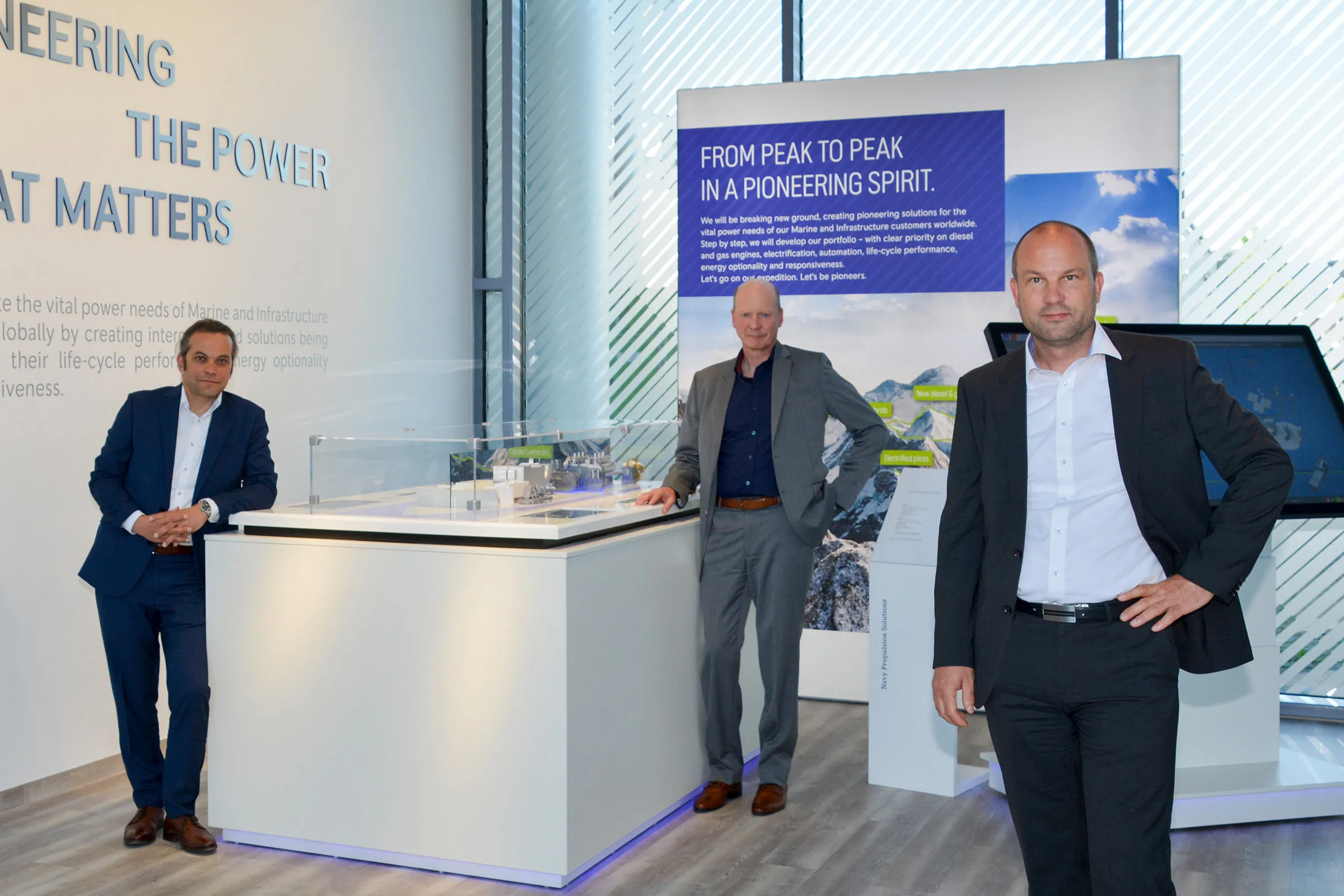The UK Government is pledging to invest heavily in new engine technologies. This strategy is intended to keep the UK as a technology leader in the field of engine developments, with a particular focus on the automotive sector. The plans are to develop new, low emission vehicles using innovative powertrain systems, such as plug-in hybrids, electric vehicles and fuel cell vehicles. In all some €1.156 billion (£1 billion) has been pledged by the UK Government over the next 10 years for investment in research a
July 15, 2013
Read time: 3 mins
The UK Government is pledging to invest heavily in new engine technologies. This strategy is intended to keep the UK as a technology leader in the field of engine developments, with a particular focus on the automotive sector. The plans are to develop new, low emission vehicles using innovative powertrain systems, such as plug-in hybrids, electric vehicles and fuel cell vehicles. In all some €1.156 billion (£1 billion) has been pledged by the UK Government over the next 10 years for investment in research and development into engine technologies. This investment will however also be of benefit to the construction equipment sector, as much of the technology will also be transferable to these machines.
The investment has been announced through the release of a new strategy document, issued jointly by the Department for Business, Innovation and Skills (BIS) and the Automotive Council. Key developments include the establishment of an Advanced Propulsion Centre to support and enhance the UK’s expertise in research and development. They also include inward investment, with the establishment of the Automotive Investment Organisation to drive UK investment by global automotive component companies. This policy will provide an industry framework for skills and a skills roadmap, including the creation of 7,600 apprenticeships and 1,700 graduate opportunities in the automotive industry. And it will help develop the supply chain, including creating a framework with suppliers, vehicle manufacturers and banking organisations to solve the problem of financing tooling investment. The low carbon technology investment will offer financial support to encourage consumers into lower emission vehicles, and help boost the manufacture of low and ultra-low emissions vehicles and components. The policy also aims to deliver better cross-government relationships by including HM Treasury on the Automotive Council to ensure the UK remains an attractive place to invest. CEA Chief Executive, Rob Oliver commented, “The government, together with its industry partners, have correctly identified the need to encourage the development of the supply chain, promote inward investment and address the skills issue which has been a continuing challenge. Our task now on behalf of construction equipment manufacturers is to ensure that the implementation of the strategy benefits our members as much as the suppliers of motor cars. The UK must continue to be a good place to make and sell construction equipment.”
The development of the strategy also sees the provision of finance for tooling investments in the supply chain, and a renewed commitment to encourage the UK as a lead market in the production and sale of low emission vehicles.
The investment has been announced through the release of a new strategy document, issued jointly by the Department for Business, Innovation and Skills (BIS) and the Automotive Council. Key developments include the establishment of an Advanced Propulsion Centre to support and enhance the UK’s expertise in research and development. They also include inward investment, with the establishment of the Automotive Investment Organisation to drive UK investment by global automotive component companies. This policy will provide an industry framework for skills and a skills roadmap, including the creation of 7,600 apprenticeships and 1,700 graduate opportunities in the automotive industry. And it will help develop the supply chain, including creating a framework with suppliers, vehicle manufacturers and banking organisations to solve the problem of financing tooling investment. The low carbon technology investment will offer financial support to encourage consumers into lower emission vehicles, and help boost the manufacture of low and ultra-low emissions vehicles and components. The policy also aims to deliver better cross-government relationships by including HM Treasury on the Automotive Council to ensure the UK remains an attractive place to invest. CEA Chief Executive, Rob Oliver commented, “The government, together with its industry partners, have correctly identified the need to encourage the development of the supply chain, promote inward investment and address the skills issue which has been a continuing challenge. Our task now on behalf of construction equipment manufacturers is to ensure that the implementation of the strategy benefits our members as much as the suppliers of motor cars. The UK must continue to be a good place to make and sell construction equipment.”
The development of the strategy also sees the provision of finance for tooling investments in the supply chain, and a renewed commitment to encourage the UK as a lead market in the production and sale of low emission vehicles.








